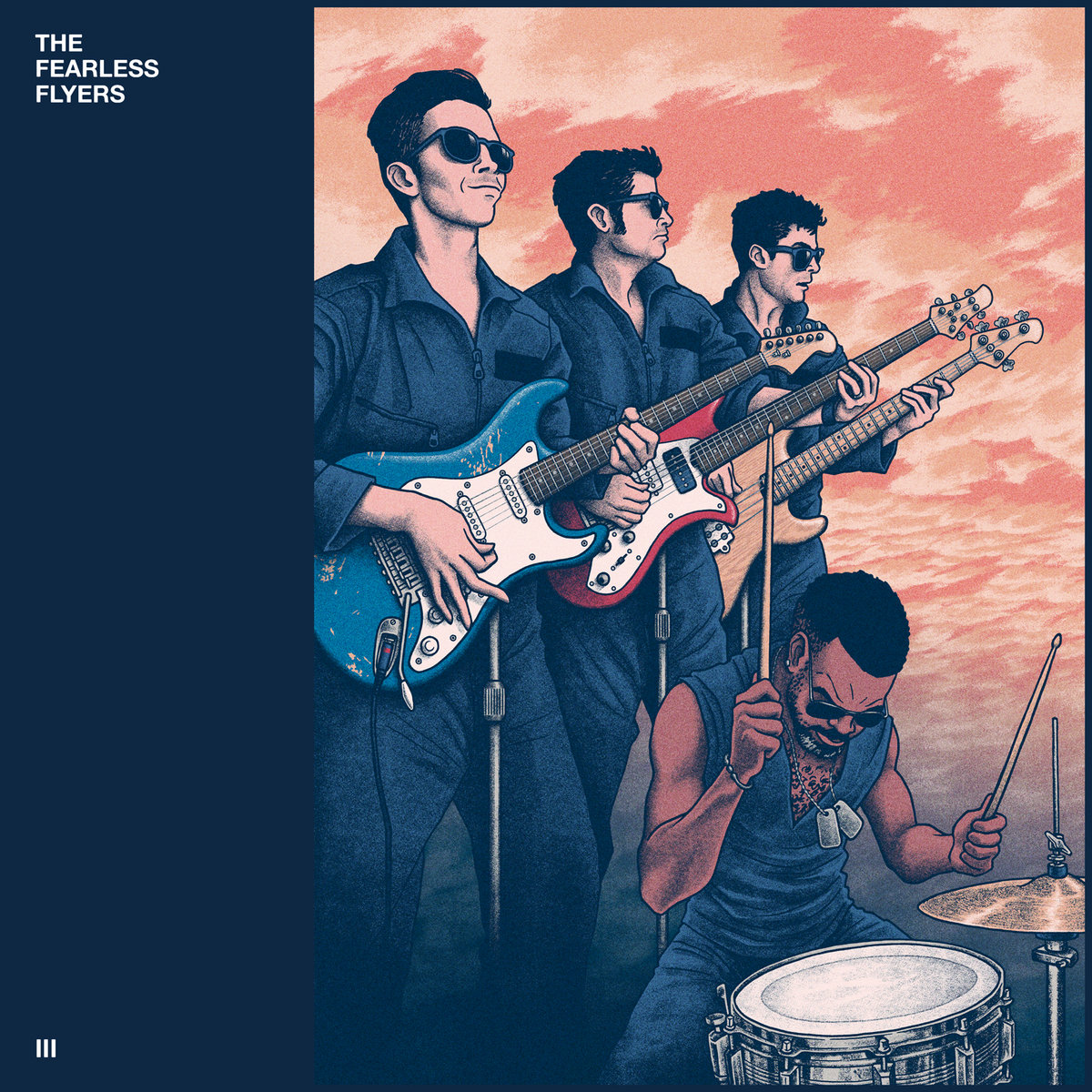This is a picture of ICE personnel pointing weapons at unarmed civilians on a residential street in Chicago on October 14, 2025. I yanked this off the Chicago Sun Times' web site; Anthony Vazquez is the photographer that captured this scene.
This is what state terrorism looks like.
I have always thought of myself as a centrist. I believe in fiscal responsibility and balanced budgets. I believe that our leaders should promote the four core virtues - courage, justice, moderation and wisdom. I also believe that people shouldn't be denied medical care due to lack of insurance or forced into bankruptcy because of medical debt. I also believe that human beings have intrinsic worth, regardless of their race, economic status, sexual preferences, gender, etc. etc. I may not understand why people make certain choices, but if it doesn't impact my life, I don't care.
I grew up in California. Much of the hard work in the agricultural sector (and elsewhere in the state's economy) was completed by migrants that were in the United States without legal documents. This was the reality in California for generations; I grew up with the sons and daughters of illegal immigrants. I didn't know who was illegal and who was legal. I didn't care; they were just folks in the neighborhood, working hard and building modest lives in a working-class neighborhood in the Bay Area.
As long as there are significant economic and social disparities between the United States and its southern neighbors, people will cross the border. It is very difficult to navigate the legal path, so people opt to cross illegally. Our immigration system is broken, and we need legitimate, fully-documented immigrants to sustain our economy. Our elected officals could have fixed this; they have not. Our current population of citizens won't fill all the jobs that need to be filled - the hard work in the fields, the restaurant kitchens, on the construction sites.
In Chicago, I was married to a first generation Mexican American for 24 years. Her parents came into the country illegally, but eventually became citizens. Our two children are second-generation Mexican Americans.
Immigrants are deeply integrated into the fabric of our lives in the Chicago area. Most have papers, but a significant portion do not. They might be refugees fleeing violence or they might be economic migrants. Once again, I don't care. The ones that I know are striving to improve their lives. That's all I care about. These folks are not enemies of the United States.
Here's what I do care about.
I care that our Federal government has funded a bunch of over-paid, under-trained goons to roam through Chicago area streets to attack and detain people that happen to be brown. I care that there is an avalanche of lies and propaganda spewing from the Trump regime to justify these crimes. I care that peaceful protesters are being tear gassed and hit with pepper balls. I care that rallies by solid American citizens are being smeared as "hate America" rallies. It is the Trump regime that hates America, or at least hates the rule of law and the core principals of democracy.
I care that Trump and his toadies are claiming to be targetting criminals, "the worst of the worst,' but the vast majority of people detained in the Chicago area have no criminal record.
I am not a "radical leftist." I have voted for Republicans on occassion. I was a registered independent until Trump took over the Republican party. I love the United States of America. I now find myself allied with people I opposed in the past - from Bernie Sanders to Lynn Chaney - because they love the United States of America.
I care that the Trump regime is stoking the fires of xenophobia and racism with authoritarian rhetoric, phrases lifted from Hitler's speeches and a constant gush of lies.
I want to fight this. I'll show up at the No Kings rally in Grant Park tomorrow, and I will try to drag my 71-year-old ass to other actions. I don't know if it will do any good, but the urge to DO SOMETHNG is driving me nuts.
I think that the mass insanity unleashed by the fascist Trump regime will eventually pass, but I'm not 100% sure......






















